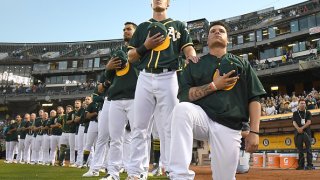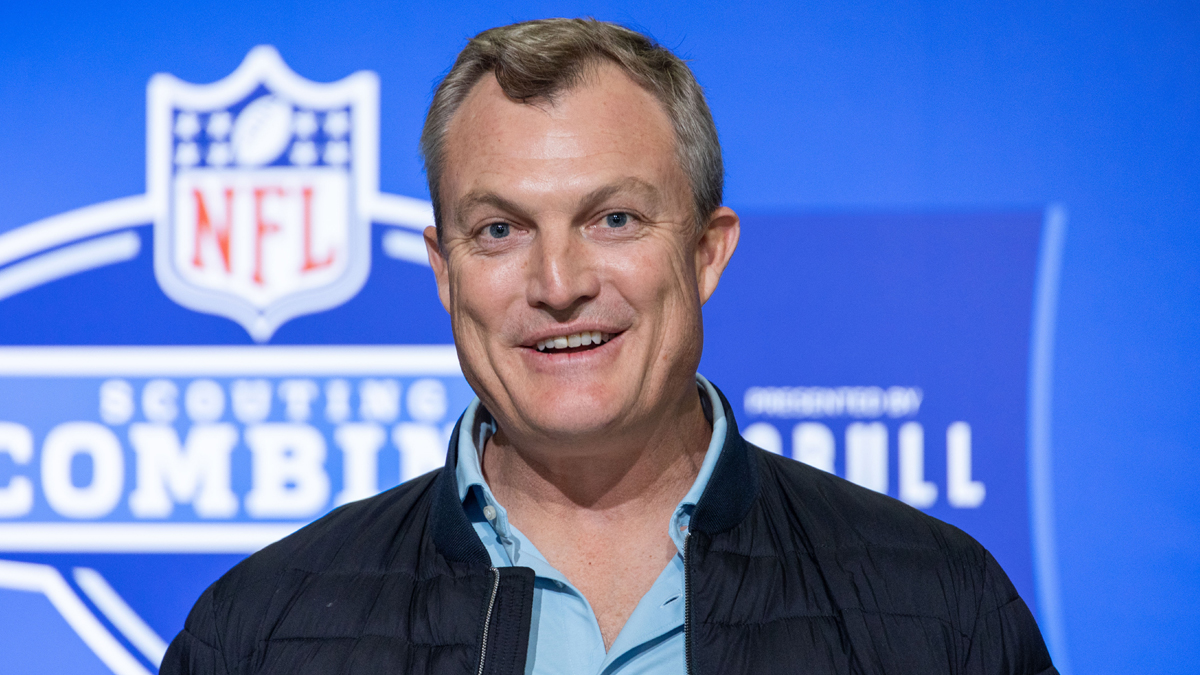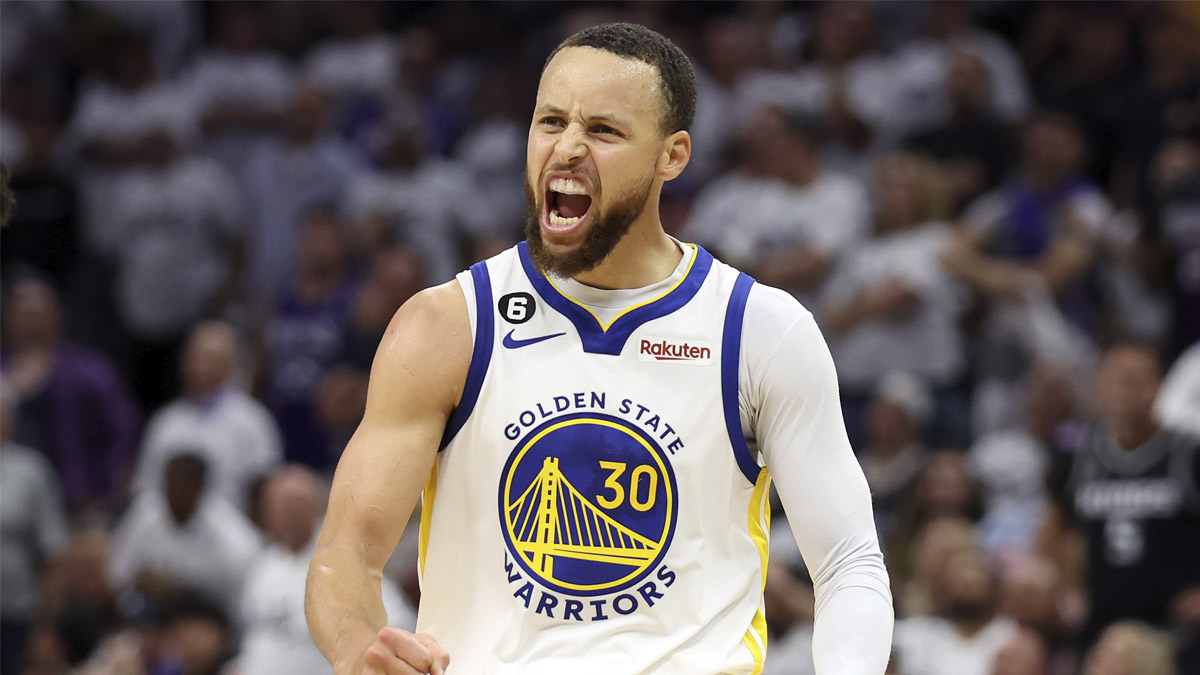
When A's catcher Bruce Maxwell knelt during the playing of the national anthem in 2017 to protest police brutality and institutional racism, outfielder Mark Canha was always there placing his hand on Maxwell's shoulder.
Canha admits he now wishes he would have joined his teammate in exercising his right to peaceful protest, following in the footsteps of former 49ers quarterback Colin Kaepernick who started taking a knee during the anthem in 2016.
"it was later in the season," Canha told Yahoo! Sports of Maxwell's decision to kneel. "I don't remember the political events that were happening at the time. I think it was right after the season where Colin Kaepernick was doing his thing and Bruce just sort of stood up in front of the team and said, 'Hey guys, I feel a certain wat about the systematic injustice that happens in our country, specifically with what's going on with the police in the black communities and I'm going to kneel for the national anthem. If anyone wants to join me that's fine but if you don't that's fine too.' It was just a very open, mature thing that he just explained his reasoning for doing it.
"I kind of felt the same way as Bruce but I give credit to Bruce for having the courage to do it," Canha continued. "There's a lot of reasons I didn't kneel. Sometimes I wish that I had knelt. I'm unsure -- I don't think I would kneel this year. I just went up to the team and Bruce and said, 'Hey, I'm not really sure about kneeling but I want to support you and I want to put my hand on your shoulder when you're doing it.' He was cool with that and appreciative and said thank you. It was just every part of me was telling me that I need to be connected to this and i need to show my support and that it was important."
Canha was and is concerned about the ramifications players could face from the owners if they choose to kneel during the anthem but believes the concerns could easily be alleviated.
"I'd like to see ownership and stuff come out and address it directly, the kneeling that is," Canha said. "Just how they feel about it. Major League Baseball and certain teams have come out and voice their support against systematic injustice. Which is huge, that's awesome. But I think as long as nobody addresses the kneeling specifically there's going to be a question mark in players' heads of whether or not they are going to be scrutinized or blacklisted or blackballed or whatever you want to say by their teams."
Kaepernick's protest has gone back under the spotlight in the wake of global protests following the killing of George Floyd, a 46-year-old Black man, in Minneapolis police custody.
Sports
[RELATED: Maxwell's kneel still sparks hate, misunderstanding]
As citizens continue to call for change, Canha would love to see more players taking a knee in baseball once they return to the field.
"Absolutely, I'd welcome it," Canha said. "This is a constitutional right we are talking about. We're talking about free speech, freedom to protest. This is absolutely something that cannot be discouraged or condemned. It's your constitutional right and you have every right to do so. I think we will look back at Bruce Maxwell and say he got a lot of criticism and blowback on social media and such and that was wrong."
Kaepernick has not played in the NFL since 2016. He opted out of his contract with the 49ers in 2017 after being told he would be released if he didn't do so. Kaepernick alleges the NFL blackballed him due to his protest. Kaepernick settled a collusion lawsuit with the NFL last year.
Derek Chauvin, the white officer who knelt on Floyd's neck for over eight minutes after arresting him, has been charged with second-degree murder and second-degree manslaughter. The other three officers who were present at the scene have been charged with aiding and abetting in both cases.



